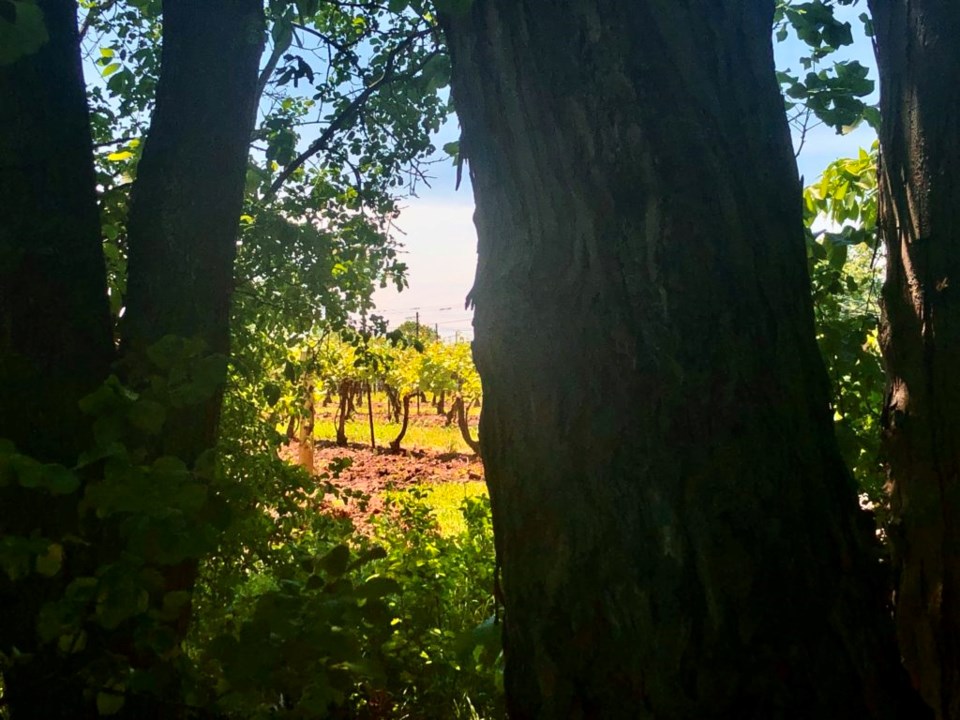
Although the Niagara Peninsula Conservation Authority, and others across the province, asked for more time and discussion about recent changes to legislation that oversees their work, their requests were unheeded.
The bill passed in December, with significant changes to the provincial Conservation Authorities Act that are concerning, says Niagara-on-the-Lake’s Regional Coun. Gary Zalepa.
One change that has garnered attention and opposition requires conservation authorities to issue a development permit when the Minister of Municipal Affairs and Housing issues Ministers Zoning Orders (MZO), which can override conservation authority decisions that have been made based on science and environmental protection.
The legislation undermines the ability for the NPCA to make decisions on the protection of ecosystems and floodplains, says Zalepa, with no avenue for appeal.
Conservation authorities across Ontario endorsed a resolution to ask the Province to address their concerns by repealing, amending or at least delaying changes to the act, but that didn’t happen.
“Any time government wants to make some broad changes, it really should gather input from as many people as possible, because that’s how you make a better decision. In this case that didn’t happen, and that concerns me,” says Zalepa. “I don’t know why it didn’t happen. I can’t read the government’s intentions. It doesn’t appear to be a fulsome process, and I think process is really important.”
The other issue of concern is the new requirement for members of conservation authority boards to be elected officials, says Zalepa.
After the 2018 municipal election and the overthrow of the previous NPCA board members amid controversy, Niagara regional councillors were appointed to replace them as interim members. Zalepa was nominated as Niagara-on-the-Lake’s representative. NPCA governance had become the subject of criticism locally and from the Province, and the board of regional councillors was put in place to elect a new CAO to the conservation authority, and straighten out issues of governance, staffing and budget that had come to light during the previous term, with the intention of replacing those councillors when their work was done with citizen members with relevant skills and knowledge
St. Davids resident Dr. William Rapley was recommended to replace Zalepa on the NPCA Board and became NOTL’s representative once those issues were resolved.
The interim board of elected officials accomplished what it set out to do, says Zalepa, and the current board of mostly citizen representatives is also working well.
“In Niagara, we’ve struck a balance between elected and non-elected people, and that so far has worked well. Conservation authorities were designed to have broad representation on the board. I think it’s a flawed rationale to have only elected representatives for accountability reasons. In Niagara we saw a complete failure of good governance through the conservation authority’s composition of mostly elected people. At that point politics was driving the bus, rather than good policy.”
The current provincial decisions appear to be politically motivated, says Zalepa. “I don’t know why they would do something without a fulsome discussion.”
Ambiguity and lack of clarity in provincial environmental policy has long been an issue, and will continue to be, says Zalepa.
Decisions of development in provincially-significant areas have “sometimes been managed effectively, and sometimes not so effectively by conservation authorities and municipalities,” says Zalepa.
“In Niagara, a lack of clarity in provincial policy allowed people to manage the authority as they wanted. That still happens across the province, those problems still exist, with a lack of policy from the top.”
That lack of clarity allows for political decisions to be made, he says.
“We really need to take a step back, and do what the people of Ontario really want and need. That’s not happening. What we really need is clarity about the guidelines, and how to implement them. That’s not going to happen, and that’s problematic.”
Lack of policy should have been dealt with, and hasn’t been, by this provincial government or others before it, says Zalepa, allowing municipalities to make decisions that may or may not consider what is best for protecting ecosystems and managing flooding and drainage issues.
Those issues have a financial cost, he added, referring to the doubling of regional insurance liability cost due to flooding that has damaged infrastructure.
Regional council will discuss the impact of the provincial legislation Wednesday, Jan. 13, says Zalepa.